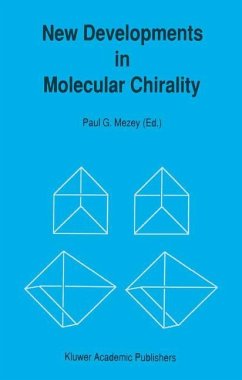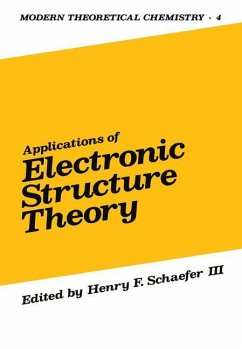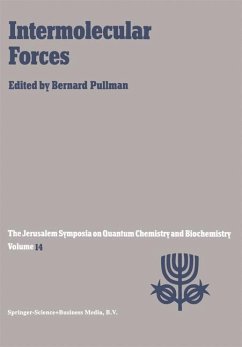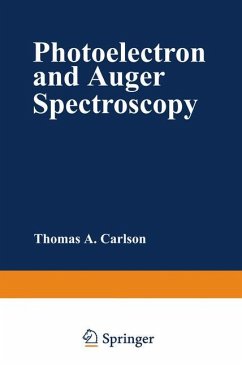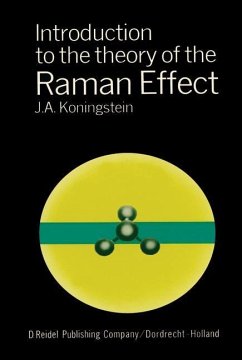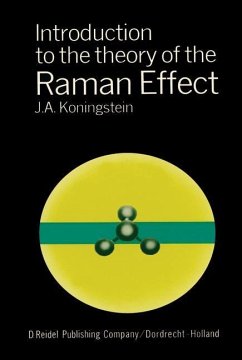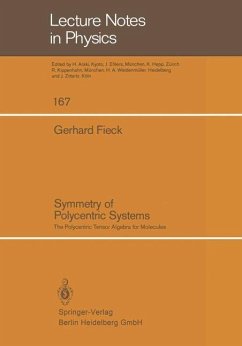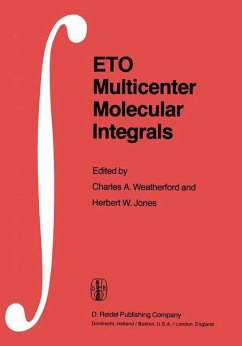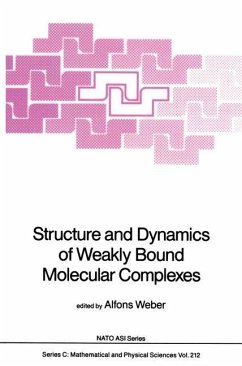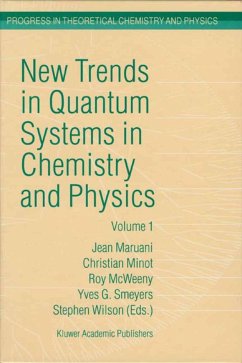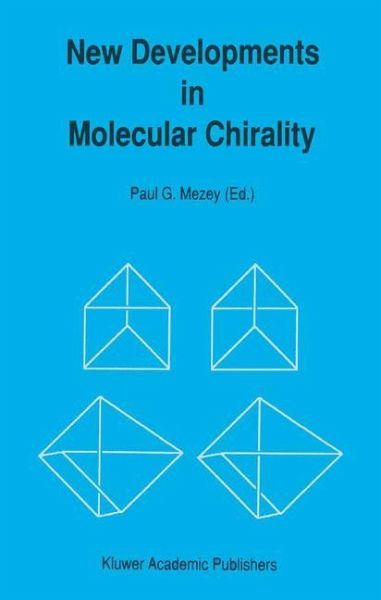
New Developments in Molecular Chirality

PAYBACK Punkte
58 °P sammeln!
Molecular chirality is one of the fundamental aspects of chemistry. Chirality properties of molecules have implications in a wide variety of subjects, ranging from the basic quantum mechanical properties of simple of a few atoms to molecular optical activity, asymmetric synthesis, systems and the folding pattern of proteins. Chirality, in both the geometrical and the topological sense, has also been the subject of investigations in various branches of mathematics. In particular, new developments in a branch of topology, called knot theory, as well as in various branches of discrete mathematics...
Molecular chirality is one of the fundamental aspects of chemistry. Chirality properties of molecules have implications in a wide variety of subjects, ranging from the basic quantum mechanical properties of simple of a few atoms to molecular optical activity, asymmetric synthesis, systems and the folding pattern of proteins. Chirality, in both the geometrical and the topological sense, has also been the subject of investigations in various branches of mathematics. In particular, new developments in a branch of topology, called knot theory, as well as in various branches of discrete mathematics, have led to a novel perspective on the topological aspects of molecular chirality. Some of the mathematical advances have already found applications to the interpretation of new concepts in theoretical chemistry and mathematical chemistry, as well as to novel synthetic approaches leading to new molecules of exceptional structural properties. Some of the new developments in molecular chirality have been truly fundamental to the theoretical understanding and to the actual practice of many aspects of chemistry. The progress in this field has been very rapid, even accelerating in recent years, and a review appears more than justified. This book offers a selection of subjects covering some of the latest developments. Our primary aim is to clarify some of the basic concepts that are the most prone to misinterpretation and to provide brief introductions to some of those subjects that are expected to have further, important contributions to our understanding of molecular properties and chemical reactivity.




